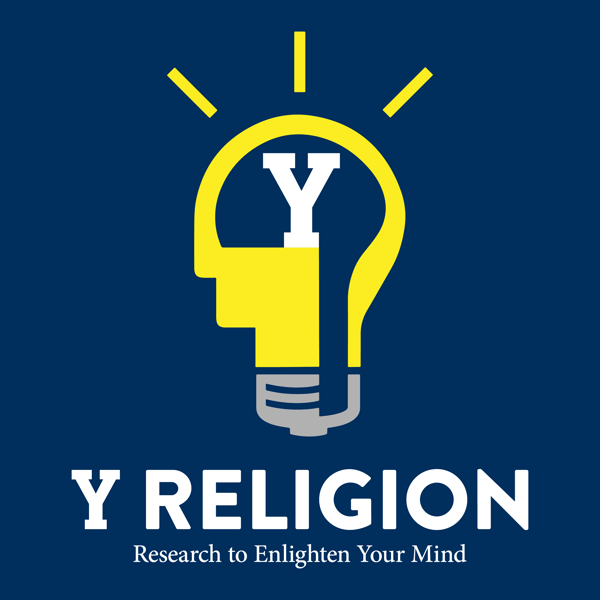Episode 104: A Relational Approach to the Plan of Salvation (Brian Mead)
Y Religion
BYU Religious Education
4.8 • 1.7K Ratings
🗓️ 15 May 2024
⏱️ 43 minutes
🧾️ Download transcript
Summary
In his October 2021 general conference talk President Ballard expressed, “We must always remember that our true happiness depends upon our relationship with God, with Jesus Christ, and with each other.” How do we build and shape these relationships? In this episode assistant professor of Church history and doctrine Brian Mead discusses his article “The Important Role of Relationships in Our Heavenly Father’s Plan of Salvation.” Dr. Mead defines doctrinal and relational approaches to the Plan of Salvation and examines how they strengthen our understanding of eternal relationships. Further, he addresses how using a relational approach to teach the Plan of Salvation aids in answering a number of why questions: Why do we need a mortal experience? Why must we repent? Why do we need a Savior? Such an approach builds upon our personal understanding and connections to our Heavenly Father, Jesus Christ, family, and others.
Publications:
· “The Important Role of Relationships in Our Heavenly Father’s Plan of Salvation” (Religious Educator, 23.3, 2022)
Click here to learn more about Brian Mead
Transcript
Click on a timestamp to play from that location
| 0:00.0 | Hello, why religion friends. John Hilton here. I don't know about you, but I love |
| 0:05.4 | checklists. There's something really satisfying to me about making a list of |
| 0:10.3 | all the things I need to do and then checking off the boxes. In fact, the first |
| 0:15.4 | thing I did when I came into the office this morning was make a list of five |
| 0:19.3 | things I wanted to do today, including creating this introduction. Check. It's true that there are some |
| 0:27.6 | great things about checklists, but they also have dangers. If I'm not careful, I can easily get in the mindset of dangers. If I'm not careful I can easily get in the mindset of study my |
| 0:35.1 | scriptures, check, pray, check, attend the temple, check, and get so focused on |
| 0:40.9 | checking the boxes that I miss the mark. |
| 0:44.8 | Elder David A Bednar highlighted this danger when he said, |
| 0:49.2 | it concerns me as I see young people in our church who know all the correct things they should do and do not have a clue as to why. |
| 0:57.0 | They have a checklist mentality. |
| 0:59.0 | Say my prayers morning and night, read the scriptures. |
| 1:02.0 | Why do these things? Because I'm supposed to, read the scriptures. Why do these things? |
| 1:03.0 | Because I'm supposed to, because the Prophet said, |
| 1:05.0 | because my mom and dad will get on my case if I don't. |
| 1:08.0 | Elder Bednar went on to suggest that when we understand the why behind these activities, it can completely change our experience with them. |
| 1:16.9 | They can be transformed from items that just have to be checked off into spiritually powerful experiences that connect us with Heavenly Father and Jesus Christ. |
| 1:27.8 | When I talk about discipleship with my students or when I talk about discipleship with my family, we talk about is discipleship a checklist discipleship because in the sense that you just said in relation to a husband and wife, in discipleship we can say, well, I woke up in the morning and I said my prayers check I read my scriptures check |
| 1:45.6 | But are those things helping me to connect and to draw closer to God? |
| 1:51.2 | And if they're not |
| 1:56.7 | Instead of a checklist discipleship, I talk about the importance of a relational discipleship, is the way that I'm living my life are through my prayers are through the moments where I partake of |
| 2:05.2 | sacrament in those moments that I go and worship in the temple. Am I working in the |
... |
Please login to see the full transcript.
Disclaimer: The podcast and artwork embedded on this page are from BYU Religious Education, and are the property of its owner and not affiliated with or endorsed by Tapesearch.
Generated transcripts are the property of BYU Religious Education and are distributed freely under the Fair Use doctrine. Transcripts generated by Tapesearch are not guaranteed to be accurate.
Copyright © Tapesearch 2025.

